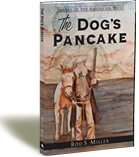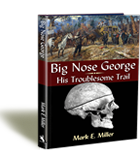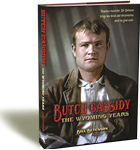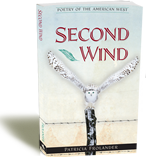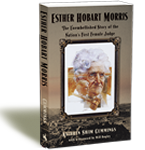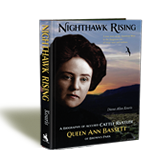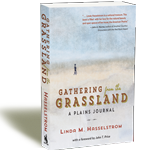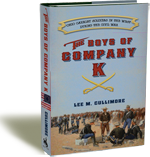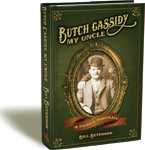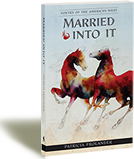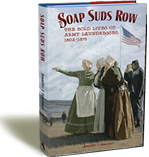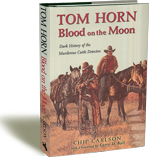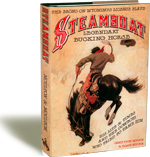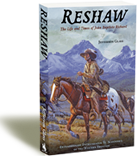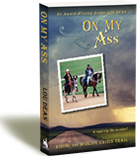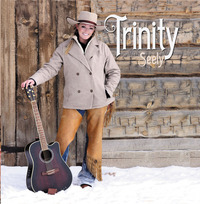Here's a sampling of High Plains titles on Wyoming and the West: history, outlaws and lawmen, women, poetry, memoirs, and other perspectives of the West. For more information click on the image of the book.
The Wyoming Lynching of Cattle Kate

The Wyoming Lynching of Cattle Kate
George W. Hufsmith
The lynching of Ellen Watson and Jim Averell by six prominent and politically powerful Wyoming cattlemen rocked the nation in July 1889.
Newspapers immediately proclaimed that Ellen Watson (erroneously called Cattle Kate) and Jim Averell were rustlers, that Watson was a prostitute and Averell was a pimp.
After over twenty years of research, George Hufsmith has challenged those assumptions with documented historic accounts and with newly-unearthed evidence.
In this book, Hufsmith sets the scene: a region settled by cattle barons who ran vast herds of cattle on public domain land, the Cheyenne Club whose opulence rivaled anything found in European aristocratic clubs, and the devastating Blizzard of 1885-86.
He introduces the cast of characters: Averell, a hardworking, well-spoken homesteader who challenged the cattle barons in a letter to the editor; Watson, who filed a homestead claim on land already used as a hay meadow by a prominent rancher; and the lynchers, men who made a fortune on the land and resented the intruding settlers.
Then Hufsmith reveals the action—he tells us what really happened on that summer day in Sweetwater County.
Were Watson and Averell rustlers? Was there a real Cattle Kate and who was she? What happened to the witnesses who disappeared before the Grand Jury hearings? Who were the lynchers and what became of them? Were Watson and Averell married?
Hufsmith reveals all the known evidence and raises new questions.
- • 0-931271-16-9 • trade paper • index • bibliography • 368 pp • many photos • $19.95 ORDER NOW
